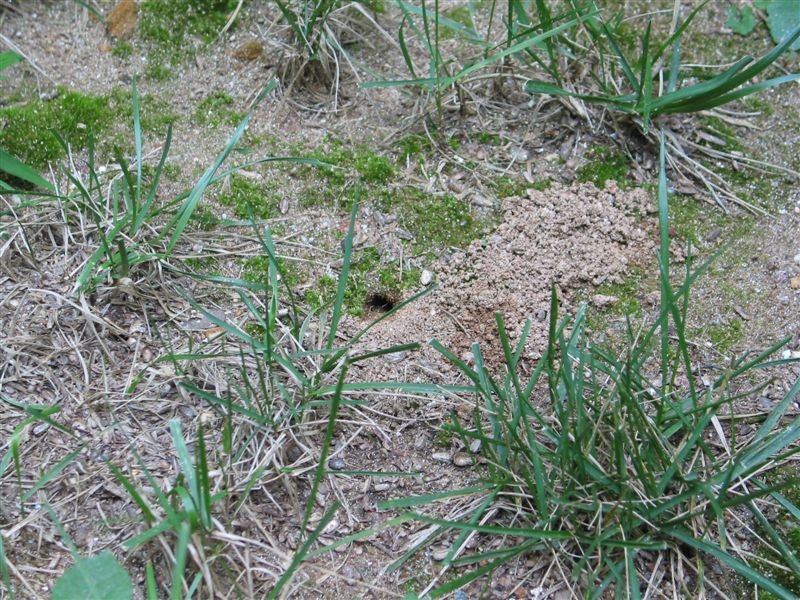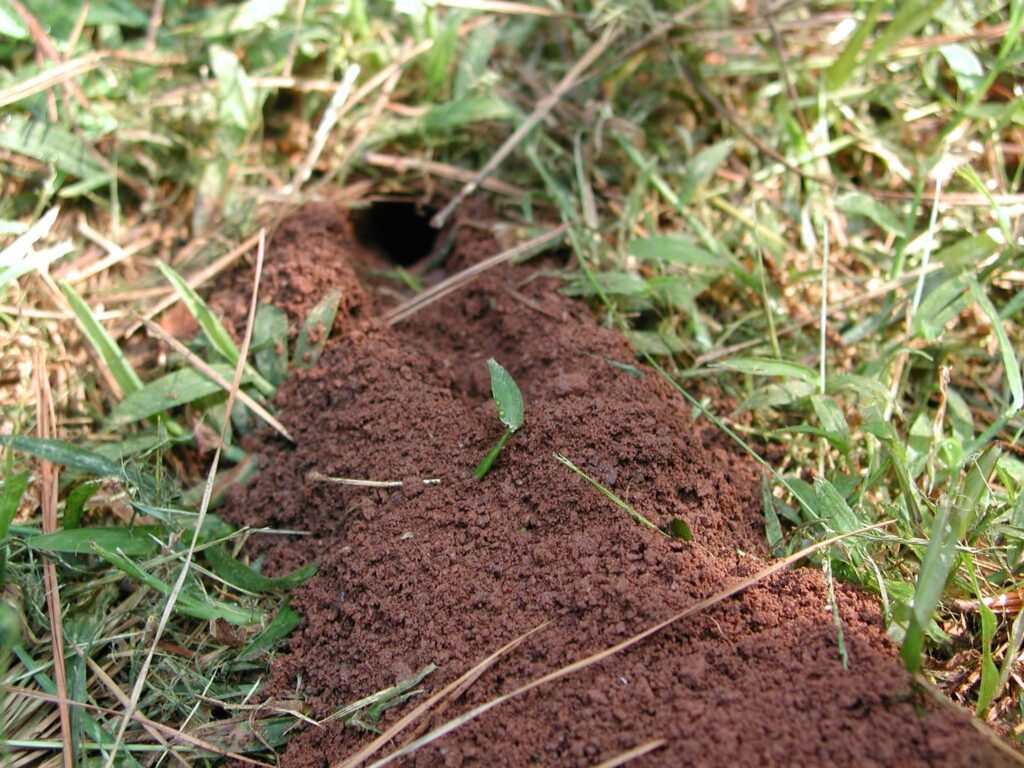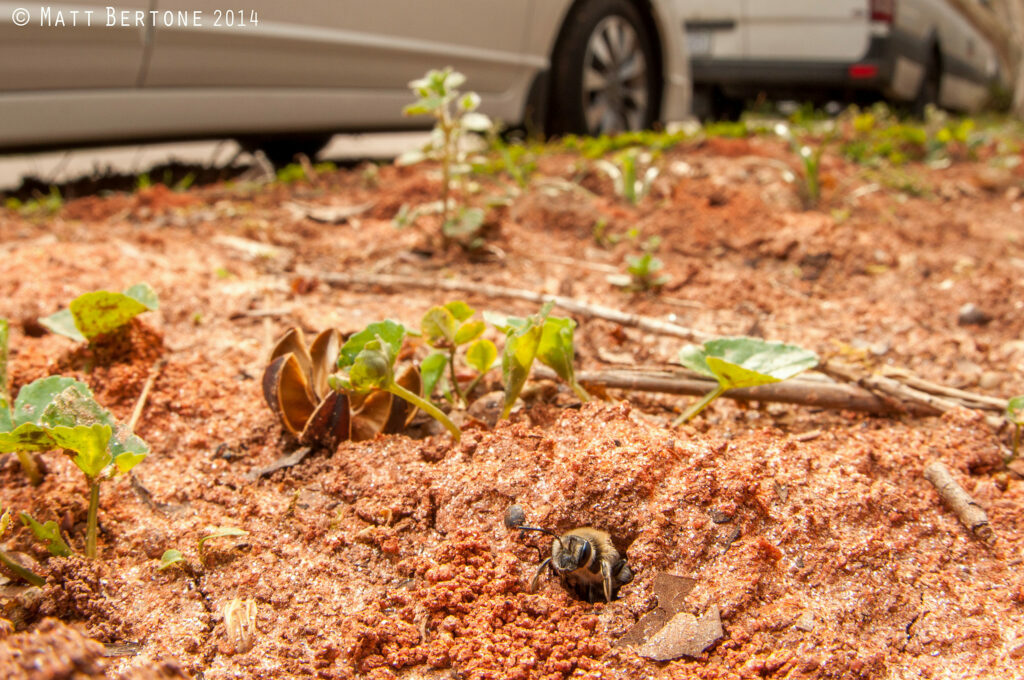Beneficial Insect Alert – Ground Nesting Bees
go.ncsu.edu/readext?997548
en Español / em Português
El inglés es el idioma de control de esta página. En la medida en que haya algún conflicto entre la traducción al inglés y la traducción, el inglés prevalece.
Al hacer clic en el enlace de traducción se activa un servicio de traducción gratuito para convertir la página al español. Al igual que con cualquier traducción por Internet, la conversión no es sensible al contexto y puede que no traduzca el texto en su significado original. NC State Extension no garantiza la exactitud del texto traducido. Por favor, tenga en cuenta que algunas aplicaciones y/o servicios pueden no funcionar como se espera cuando se traducen.
Português
Inglês é o idioma de controle desta página. Na medida que haja algum conflito entre o texto original em Inglês e a tradução, o Inglês prevalece.
Ao clicar no link de tradução, um serviço gratuito de tradução será ativado para converter a página para o Português. Como em qualquer tradução pela internet, a conversão não é sensivel ao contexto e pode não ocorrer a tradução para o significado orginal. O serviço de Extensão da Carolina do Norte (NC State Extension) não garante a exatidão do texto traduzido. Por favor, observe que algumas funções ou serviços podem não funcionar como esperado após a tradução.
English
English is the controlling language of this page. To the extent there is any conflict between the English text and the translation, English controls.
Clicking on the translation link activates a free translation service to convert the page to Spanish. As with any Internet translation, the conversion is not context-sensitive and may not translate the text to its original meaning. NC State Extension does not guarantee the accuracy of the translated text. Please note that some applications and/or services may not function as expected when translated.
Collapse ▲Only about 3% of the insects in the world affect humans negatively. That means 97% of insects in the world are beneficial! We should try to protect the good insects.
Not All Holes In The Lawn Are Bad
Solitary ground nesting bees and wasps are beneficial insects. These should not be mistaken for yellow jackets, the social bees that nest in the ground. Yellow jackets do often harm people. Solitary bees and wasps rarely even take notice of people.
Solitary bees and wasps are often pollenating insects. These insects are critical to the pollination of many native plants. Some ground nesting wasps are carnivores. The cicada killer wasp is one of these, hunting cicada insects for food.

Ground nesting solitary bees and wasps make nests in landscapes in open areas where grass has thinned. Sometimes they will congregate in large numbers.
To learn more about ground nesting bees see this thorough explanation of beneficial solitary ground nesting bees by one of our NC State Colleagues.
Photo by Matt Bertone






